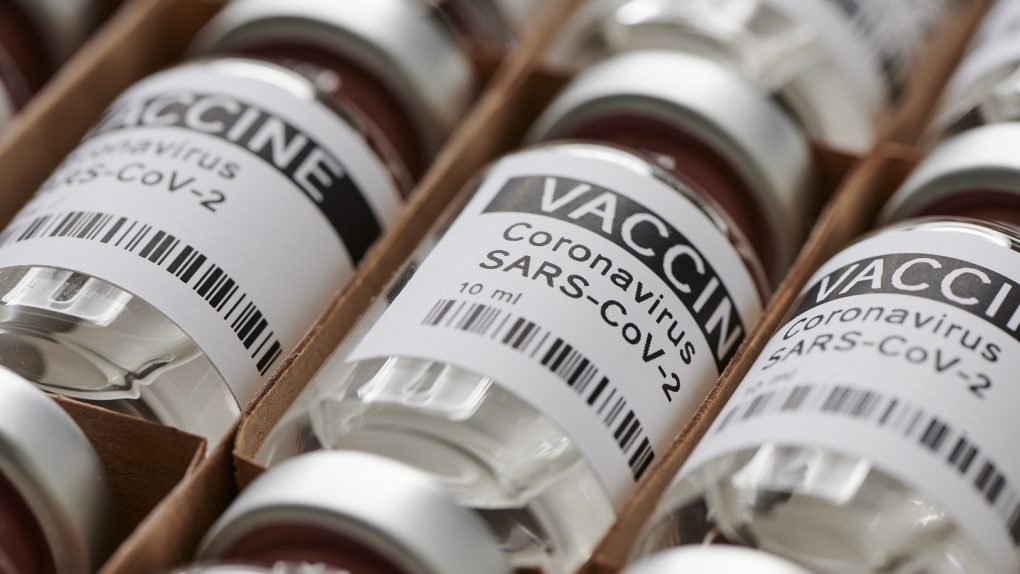- The CDC recommends that anyone getting a COVID-19 vaccine shouldn’t get another vaccine — like a flu shot, for example — for a period of 14 days.
- There’s no reason to believe that doing so will impact the safety or efficacy of the COVID-19 vaccine, but the CDC is taking a cautious approach.
- The US has already vaccinated nearly 45 million Americans and is currently averaging about 1.3 million vaccinations per day.
When Pfizer late last year announced that its new vaccine was 95% effective at preventing a coronavirus infection, health experts and even Pfizer’s own research scientists were blown away. The efficacy rate was markedly higher than what most everyone was expecting and, on top of it all, the vaccine didn’t cause any severe side effects during clinical trials. A few weeks later, Moderna released the results from its own vaccine study and reported similarly encouraging results.
To date, the US has vaccinated an estimated 44.1 million Americans since mid-December, a figure that will likely rise drastically as the vaccination effort picks up steam and eligibility opens up even further. The good news is that this may happen sooner rather than later amid reports that Pfizer is planning to increase its weekly shipment of vaccine doses to the US to 13 million by mid-March. Moderna, meanwhile, believes it can boost its shipments to 10 million doses per week before April.
With vaccine eligibility poised to expand significantly over the next few weeks, it’s worth highlighting some guidance the CDC recently issued regarding COVID-19 vaccination protocol. Specifically, the CDC recommends that anyone who receives a COVID-19 vaccine, whether it be the first or the second dose, refrain from getting another vaccine for two weeks. While this likely won’t be an issue for most people, it’s worth keeping in mind for anyone keen on getting a flu shot during that two-week window.
Wait at least 14 days before getting any other vaccine, including a flu or shingles vaccine, after you get your COVID-19 vaccine. Or if you get any other vaccine first, wait at least 14 days before getting your COVID-19 vaccine.
If you get a COVID-19 vaccine within 14 days of another vaccine, you do not need to be revaccinated with either vaccine. You should still complete both vaccine series on schedule.
To be clear, there’s no reason to believe that getting another vaccine at the same time as the coronavirus vaccine will impact the safety and effectiveness of the COVID-19 vaccine. The CDC in this case is simply taking a cautious approach in light of the fact that the coronavirus vaccines from Pfizer and Moderna are both relatively new.
On a related note, there’s a strong chance that Johnson & Johnson’s COVID-19 vaccine will receive an Emergency Use Authorization (EUA) from the FDA later this month. This would be a boon for the US vaccination effort as Johnson & Johnson’s vaccine only requires a single dose as opposed to the two-dose schedule needed for Pfizer and Moderna’s vaccines.








